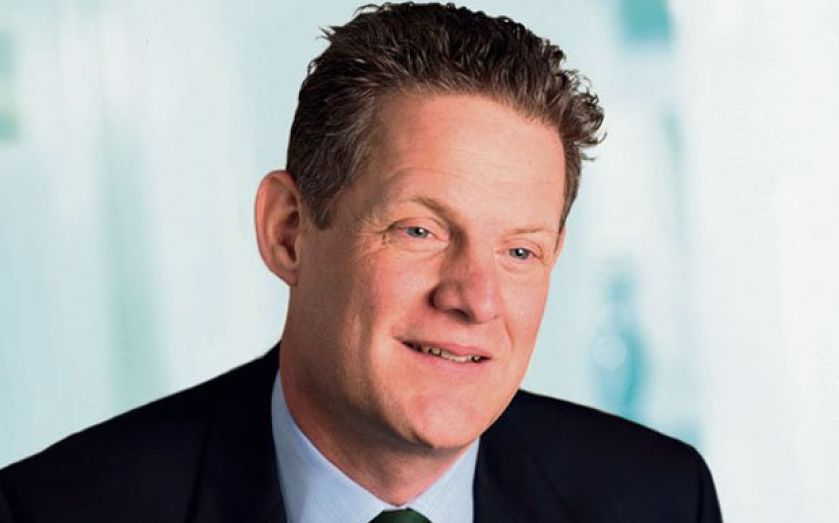Bank of England’s Spencer Dale heads to BP after 25-year stint

The Bank of England announced yesterday that Spencer Dale, the Bank’s financial stability chief and former chief economist, will step down from the central bank after a quarter of a century to become chief economist at oil giant BP.
Dale, who has worked at the Bank in a variety of roles since finishing university in 1989, was recently shuffled from his position as chief economist to become executive director for financial stability strategy and risk. Only two months ago, Dale swapped places with the Bank’s Andy Haldane, who now holds the top economist role.
The Bank could not specify when a recruitment process to replace Dale would start, but a spokesman said that it would be soon. He also leaves a vacant position on the financial policy committee, which monitors threats to the UK’s economic stability.
“I will miss the Bank greatly and I wish I could have stayed longer to contribute more. But the opportunity to work in a different environment with one of the UK’s pre-eminent companies was simply too good an opportunity to refuse,” said Dale.
ALL CHANGE AT THE BANK OF ENGLAND
■ Dale’s departure is the latest in a series of changes at the Bank of England, the largest of which were announced in March. Nemat Shafik took a deputy governorship and seat on the monetary policy committee (MPC).
■ During her quizzing by the Treasury select committee in July, Shafik was pressed on whether she would “learn on the job”, with some members of the political scrutiny panel appearing sceptical about her monetary policy credentials.
■ Ben Broadbent also became deputy governor for monetary policy. The Bank then revealed US academic Kristin Forbes would take another vacant spot.
■ New members were also appointed to the Bank’s court of directors yesterday. The board, which manages the internal governance at Threadneedle Street, will be joined by Sandra Boss, who was formerly a director at McKinsey, from the beginning of next month.
■ Mark Yallop, who is currently the British chief executive of Swiss bank UBS, will join the court from the beginning of December.
■ In March, the Bank announced that Anthony Habgood, chairman of Reed Elsevier, would become chairman of the court, replacing Sir David Lees. There has been some pressure to reform the court, since directors are paid only £15,000, far less than in private sector organisations.
■ Sir Charlie Bean, one of the last policymakers from before the onset of the financial crisis, stepped down from his position as deputy governor and MPC member at the end of June.